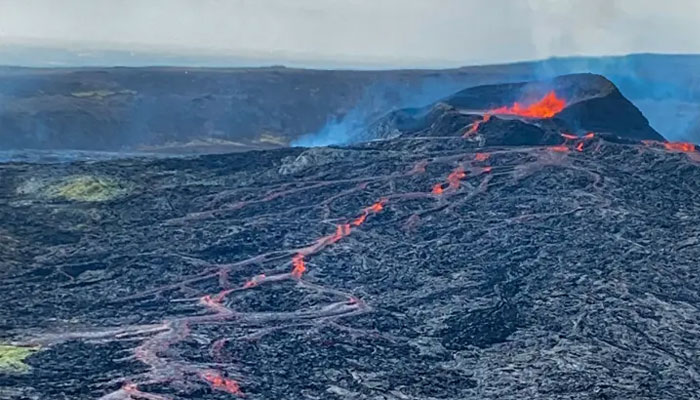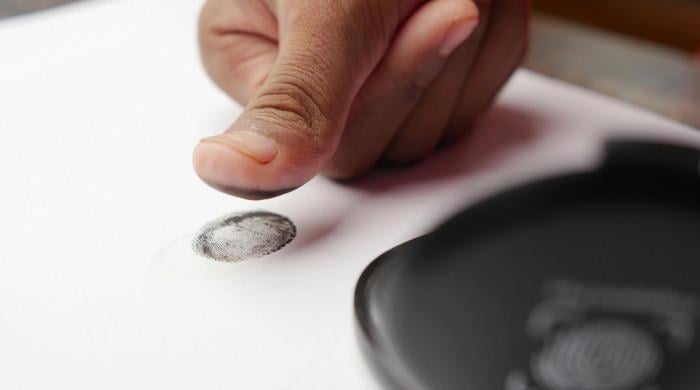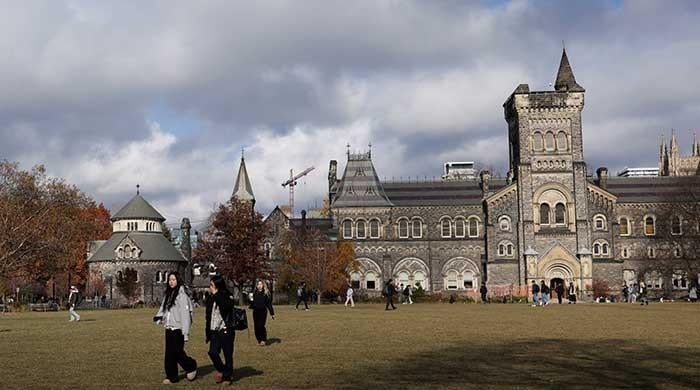Icelandic scientists pave way for geothermal energy by drilling into volcanoes
This plan, a scientific first if successful, involves drilling boreholes approximately 1.3 miles down
January 14, 2024

Icelandic scientists are embarking on a groundbreaking project to tap into a volcano's magma chamber for an abundant source of super-hot geothermal energy.
The ambitious plan, a scientific first if successful, involves drilling boreholes approximately 1.3 miles down into the earth's crust at the Krafla volcano in northeast Iceland.
With over 200 volcanoes, Iceland is already a geothermal energy leader, using heat or hot water vapour for electricity generation and heating. The proposed project aims to unlock a far more potent energy supply by reaching the magma chamber, which boasts temperatures exceeding those of conventional geothermal sources.
Geothermal energy typically operates at temperatures between 482°F and 842°F, but magma chambers could provide significantly higher temperatures. Project manager Björn Þór Guðmundsson stated, "We can drill one well instead of 10 for the same power output."
Undertaken by the Krafla Magma Testbed (KMT), an Icelandic magma research organisation, the project builds on a 2009 effort that inadvertently breached the magma vault during exploration. The KMT aims to develop materials capable of withstanding extreme temperatures for the upcoming drilling.
Contrary to concerns, previous accidental encounters with magma chambers did not trigger eruptions. "One of the main goals of KMT is to develop wells with the right materials that can withstand these conditions," Guðmundsson emphasised.
The Krafla volcano, historically one of Iceland's most explosive, has erupted around 29 times since the country's settlement, with the last eruption occurring in 1984.
The project not only promises revolutionary energy solutions but also enhances volcano monitoring, offering insights into magmatic systems and improving eruption forecasts.
The long-term vision includes experiments such as injecting fluids into the chamber to manipulate pressure and temperature, contributing to the understanding of high-enthalpy geothermal energy.
Scientists anticipate that such advancements in Super Hot Geothermal Systems (SHGS) could revolutionise the electrical energy landscape.









